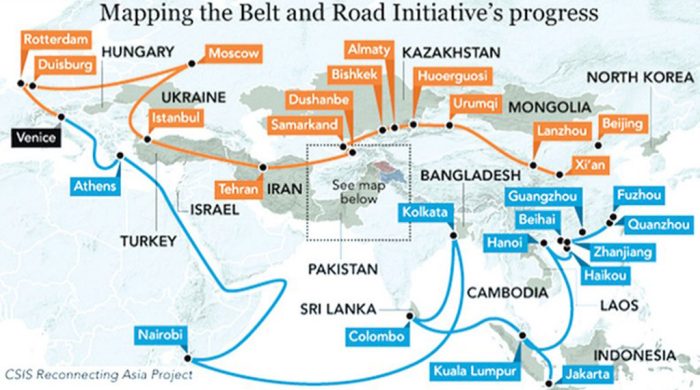What is Sharia law? What does it mean for women in Afghanistan?

- Update Time : Thursday, August 19, 2021
- 167 Time View

The Taliban say they will rule Afghanistan according to a strict interpretation of Islam’s legal system called Sharia law.
In the first press briefing after taking control in Kabul, a Taliban spokesman said issues such as the media and women’s rights will be respected “within the framework of Islamic law”, but the group has not yet provided any details of what that will mean in practice.
When they were last in power, the Taliban introduced or supported punishments such as public executions of convicted murderers and adulterers.
What is Sharia?
Sharia law is Islam’s legal system. It is derived from both the Koran, Islam’s central text, and fatwas – the rulings of Islamic scholars.
Sharia literally means “the clear, well-trodden path to water”.
Sharia law acts as a code for living that all Muslims should adhere to, including prayers, fasting and donations to the poor.
It aims to help Muslims understand how they should lead every aspect of their lives according to God’s wishes.
What does this mean in practice?
Sharia can inform every aspect of daily life for a Muslim.
For example, a Muslim wondering what to do if their colleagues invite them to the pub after work may turn to a Sharia scholar for advice to ensure they act within the legal framework of their religion.
Other areas of daily life where Muslims may turn to Sharia for guidance include family law, finance and business.
What are some of the tough punishments?
Sharia law divides offences into two general categories: “hadd” offences, which are serious crimes with set penalties, and “tazir” crimes, where the punishment is left to the discretion of the judge.
Hadd offences include theft, which can be punishable by amputating the offender’s hand, and adultery, which can carry the penalty of death by stoning.
Some Islamic organisations have argued that there are many safeguards and a high burden of proof in the application of hadd penalties.
The UN has spoken out against death by stoning, saying it “constitutes torture or other cruel, inhuman or degrading treatment or punishment and is thus clearly prohibited”.
Not all Muslim countries adopt or enforce such punishments for hadd offences, and surveys have suggested attitudes of Muslims to harsh penalties for such offences vary widely.
Can Muslims be executed for converting?
Apostasy, or leaving the faith, is a very controversial issue in the Muslim world and experts say the majority of scholars believe it is punishable by death.
But a minority of Muslim thinkers, particularly those engaged with Western societies, argue that the reality of the modern world means the “punishment” should be left to God – and that Islam itself is not threatened by apostasy.
The Koran itself declares there is “no compulsion” in religion.
How are rulings made?
Like any legal system, Sharia is complex and its practice is entirely reliant on the quality and training of experts.
Islamic jurists issue guidance and rulings. Guidance that is considered a formal legal ruling is called a fatwa.





















